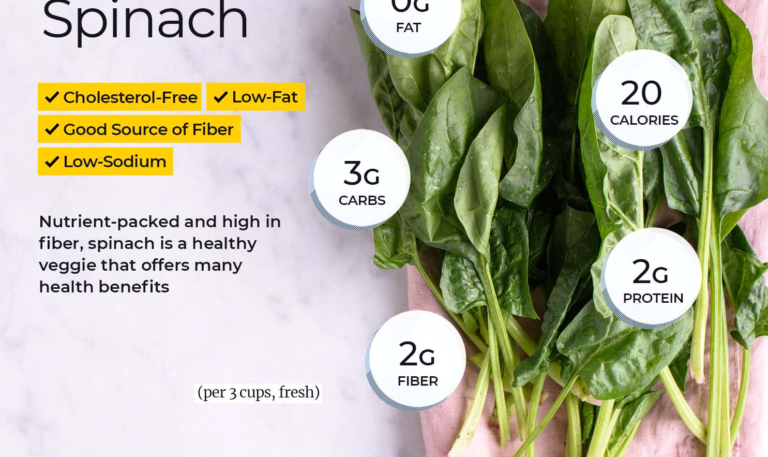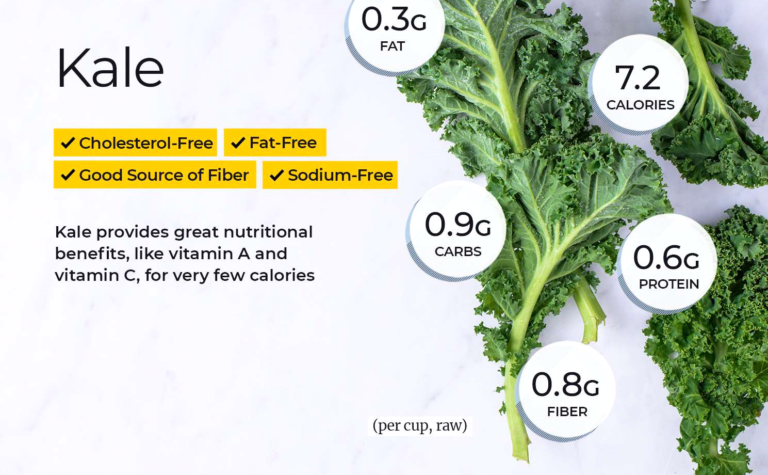7 Leaves Nutrition Facts
Leafy green vegetables, such as spinach, lettuce, and kale, are high in nutrients, vitamins, and iron. Adding green vegetables to your diet may help boost brain health, increase your iron in case it’s low, and also lower the risk of some other diseases. Leafy green vegetables are a crucial part of a healthy diet. They are packed with iron, fiber, and micronutrients. Additionally, they are low in calories.
Eating green leafy vegetables or adding them in your lifestyle can offer numerous health benefits. Such as:
- · Heart disease
- · Reduce obesity
- · High blood pressure
- · Any mental decline
Here are 7 leafy vegetable which you can include in your diet:
Spinach:

Spinach is a leafy green vegetable, rich in vitamins A, C, and K, as well as iron and calcium. It helps increase hemoglobin levels and supports red blood cell production, playing a vital role in our lifestyle as an antioxidant.
Known for its vibrant green color and slightly bitter taste, spinach is a versatile vegetable. It can be enjoyed fresh in salads or sandwiches, sautéed as a side dish, blended into smoothies, or incorporated into various recipes like pasta dishes, omelets, and casseroles.
Kale:

Kale is a green leafy vegetable that is rich in nutrients. It can be beneficial for adding fiber and antioxidants to the diet through various dishes, salads, and smoothies. Kale also aids in managing blood pressure and boosting digestive health. It contains vitamins C and K, along with fiber, antioxidants, and calcium. Antioxidants play a crucial role in removing unwanted toxins from the body.
Kale serves as a good source of calcium, essential for bone health, and vitamin K, which contributes to bone metabolism and calcium absorption. The fiber, potassium, and antioxidants present in kale may assist in lowering blood pressure and reducing the risk of heart disease
Lettuce:
Lettuce is a rich source of vitamins K and A, as well as folate and iron. However, it is important to note that lettuce is sometimes associated with bacterial, viral, and parasitic outbreaks in humans. Despite this concern, lettuce remains a popular ingredient in salads, sandwiches, wraps, and various other dishes. It is well-liked for its mild flavor and crisp texture.
There are few types of lettuce:
- Iceberg Lettuce
- Leaf Lettuce
- Romaine Lettuce
- Butterhead Lettuce
Cabbage:
Cabbage is a green leafy vegetable rich in vitamin C, fiber, and vitamin K. Some research suggests that it may have health benefits, including supporting digestion and heart health. Cabbage is packed with nutrients such as.
Fiber
Magnesium
Potassium
Calcium·
Vitamin B6
Protein
Calories
If you are looking to enhance your digestive health, incorporating fiber-rich cabbage into your diet is an excellent choice. This crunchy vegetable is abundant in gut-friendly insoluble fiber, a type of carbohydrate that resists breakdown in the intestines. Insoluble fiber plays a crucial role in maintaining a healthy digestive system by adding bulk to stool and promoting regular bowel movements.
Turnip greens:
Turnip greens are the leaves of the turnip plant, which is a root vegetable similar to beetroot. These greens are rich in vitamins, minerals, and antioxidants. They are particularly high in vitamins K, A, and C, as well as folate, calcium, and manganese
Arugula:
Arugula’s popularity is attributed to both its taste and health benefits, with arugula being particularly high in cancer-fighting agents. This delicious green is a nutrient-dense food that is rich in fiber and phytochemicals. Arugula is low in sugar, calories, carbohydrates, and fat. It is also high in several vital nutrients, including calcium, potassium, vitamin C, vitamin K, and vitamin A
Mustard greens:

Mustard greens provide essential vitamins, including A, C, and K, along with important minerals such as calcium, potassium, and folate. They also contain glucosinolates, compounds that may have cancer-fighting properties. Mustard greens are rich in health-boosting antioxidants like beta-carotene, which can protect your skin and lower the risk factors associated with diabetes.






Thank you for your sharing. I am worried that I lack creative ideas. It is your article that makes me full of hope. Thank you. But, I have a question, can you help me?